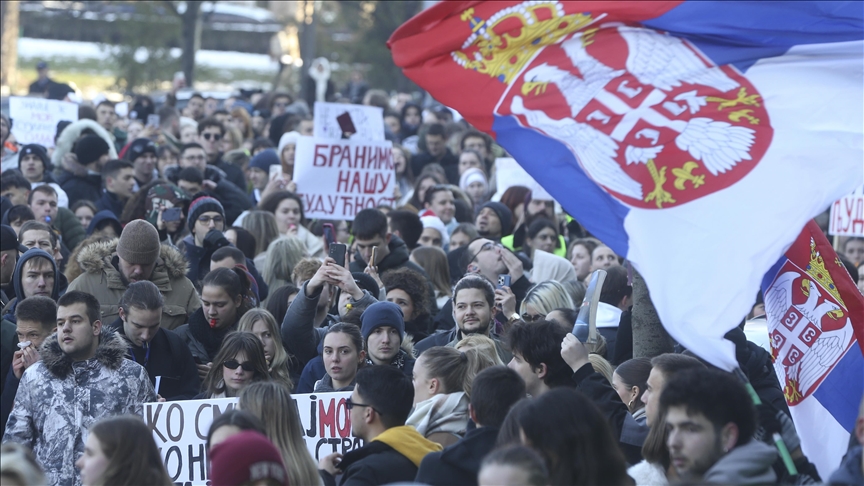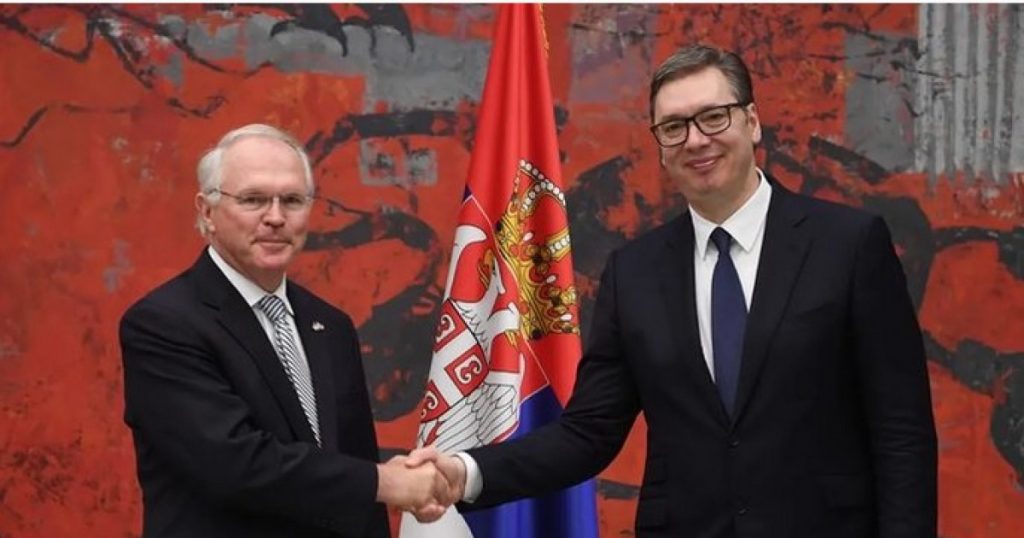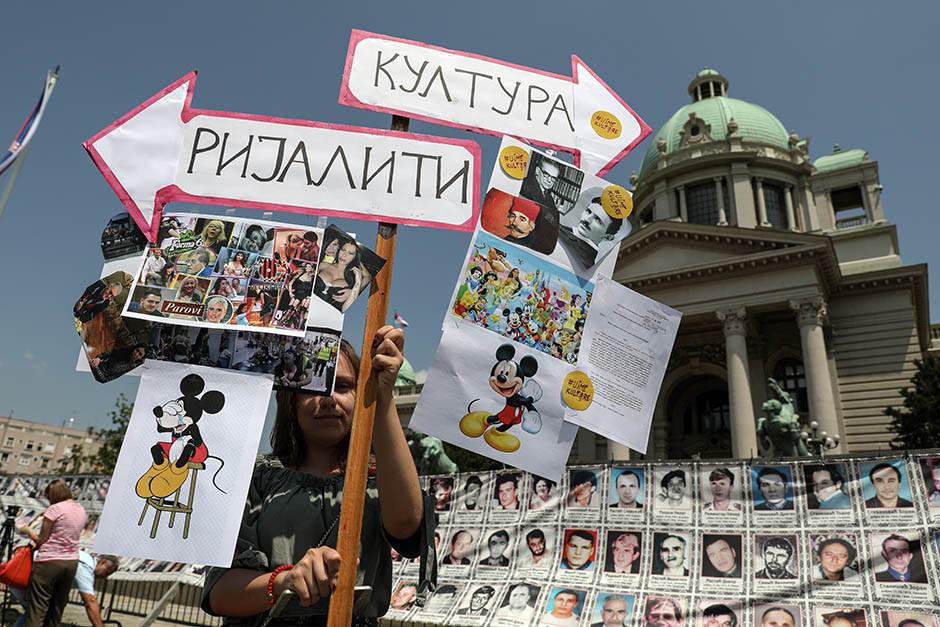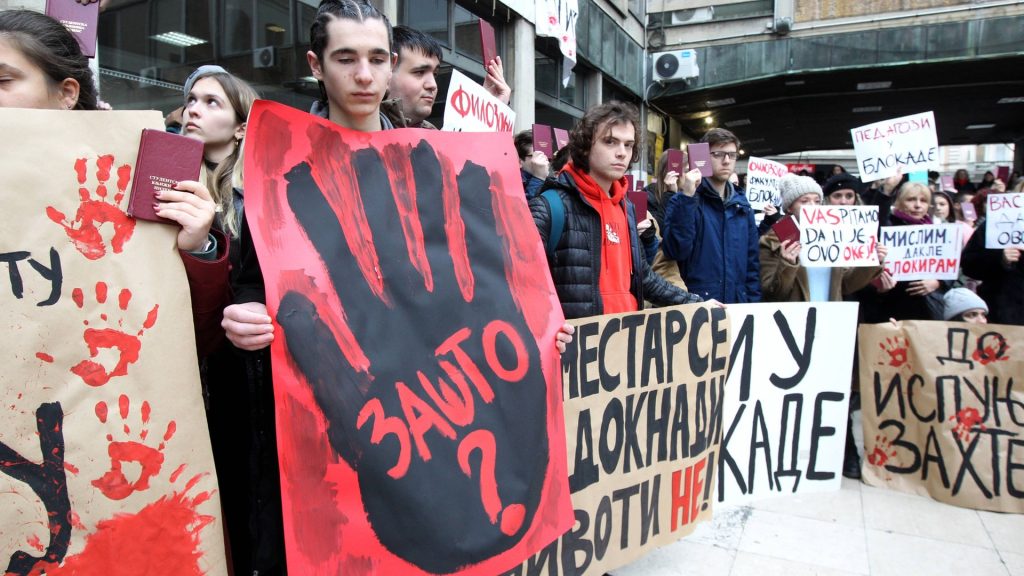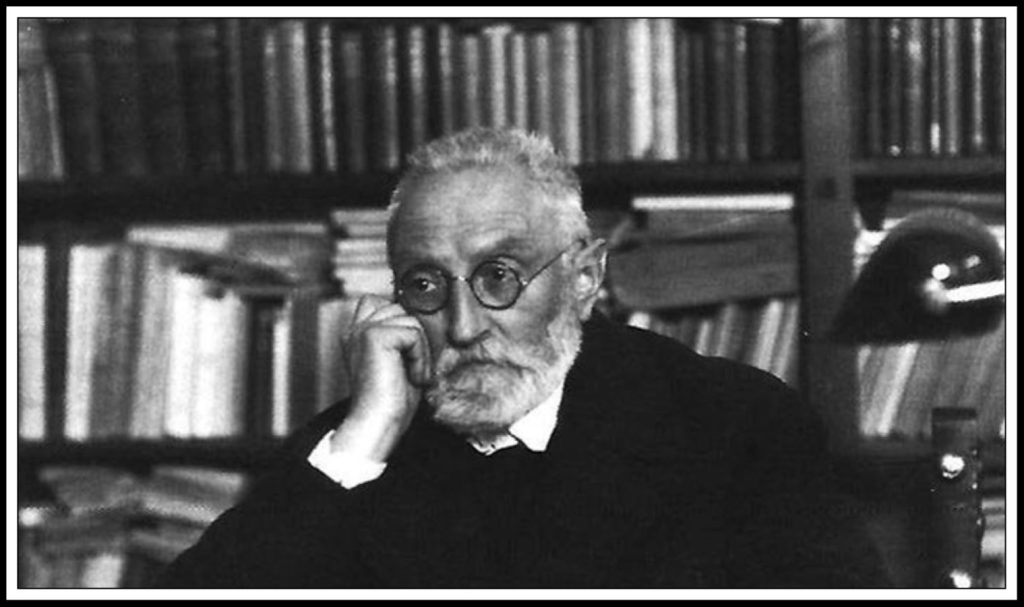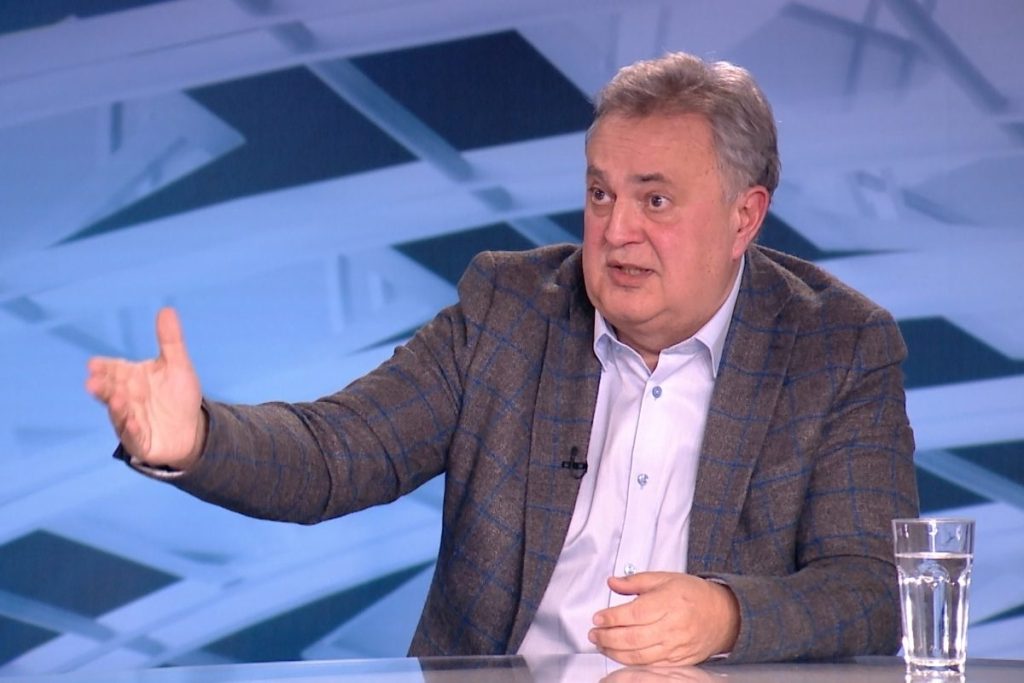Dragana Trifkovic, Director General of the Center for geostrategic studies
- Rio Tinto acted on the ground as if the ban on lithium mining had never been enacted.
The Constitutional Court of Serbia annulled 11. July decree on the termination of validity of the decree on determining the Spatial Plan of the special purpose area for the implementation of the project of exploitation and processing of jadarite mineral "Jadar", under the explanation that the Government of Serbia by passing such a decision "exceeded the limits of its competence"[i]. We will recall that more than two years ago, the Government of Serbia, led by President Brnabic, stopped the project "Jadar" after mass protests by citizens in many cities and towns of Serbia. After that, Brnabic, like Vucic, said that this was not a good decision and that it blocked the development of Serbia.
It is obvious that these are harmonized moves of alienated institutions (Constitutional Court of Serbia, Government of Serbia, President of Serbia, Assembly of Serbia, etc.) led by personnel trained in the West and who have taken leadership positions precisely through career development with the support of Western centers of power. In this sense, the citizens of Serbia cannot expect access to these institutions, which are not guided by state and national interests, but by the personal interests of individuals, as well as those of Western mentors. This built network of influence within the Serbian system can also be called the "Deep State".
Therefore, the intentions of the game (transferring the ball from one institution to another) are quite clear, and they are to satisfy Western interests by enabling the exploitation of Serbia's natural resources, regardless of the catastrophic consequences that the "Jadar" project may have for Serbia.
It should be noted that the Anglo-Australian company Rio Tinto has been exploring the area of the Yadar River Basin since 2004. year, for which it received the consent of the then and all subsequent governments, but the agreement on cooperation regarding the implementation of the "Jadar" project was signed during the time of the current authorities. July 2017 year (signed by Minister antic on behalf of the Government of Serbia). In this regard, the claims of Aleksandar Vucic that the cooperation agreement with Rio Tinto was signed by the previous government are untrue, as are the claims that the previous government signed anti-constitutional agreements on Kosovo and Metohija (Brussels and Washington agreement, as well as the accepted Ohrid Agreement on which the Constitutional Court of Serbia does not advertise) or strategic agreements with NATO (sofa Agreement and Ipap).
- Plans for the exploitation of lithium in Serbia were created decades ago
Although Rio Tinto has relatively almost attracted the attention of the public in Serbia, this company has been actively preparing the implementation of the lithium mining and extraction project in Serbia for many years. Although some sources state that Rio Tinto found the mineral jadarite in Serbia in 2004. years, that does not correspond to the truth. This previously unknown mineral was found by a group of scientists from the Faculty of mining and geology in Belgrade, led by Professor Jelena Obradović in the Eighties of the last century. The mineral inventors published several professional papers in international journals on the subject, which immediately attracted the attention of the Rio Tinto mining company. Soon after that, representatives of that company came to Belgrade and met with a scientific team from the Faculty of mining and geology[ii]. Nenad Grubin, one of the members of the research team, soon replaced the modest salary of a college professor with high-paid posts in Rio Tinto and became an engaged lobbyist of this company. As recently as 2001. Rio Tinto opened representative offices in Belgrade and Banja Luka, as confirmed by Grubin himself: "in the spring of 2001. over the years, we have established representative offices of the Rio Tinto Group in Belgrade and Banja Luka. I had already left college. I loved teaching and science, but my business and research spirit worked, so I moved to Rio Tinto and became a director in FR Yugoslavia and Republika Srpska."[iii].

Misinformation to the public about Rio Tinto's alleged discovery of jadarite mineral is probably aimed at justifying the "Jadar" project from the point of view of the company's interests, i.e. convincing the public in Serbia that this company has full right to exploit jadarite. What can be inferred from the available information is that Rio Tinto, or rather the Western power centers behind this company (British Crown through transnational corporation) made plans for the exploitation of lithium in Serbia decades ago, in accordance with their own strategic plans related to the energy transition (automotive industry to electric vehicles). Legislation in Serbia has long begun to align with such plans and needs of transnational capital[iv]. According to Rio Tinto: "local authorities of Loznica have made changes and additions to the spatial plan of the municipality in order to harmonize it with the already adopted spatial plan for the special purpose area of the Jadar project, which was adopted earlier by the decree of the government. Agricultural land was reclassified as construction land, railway lines were relocated and pipeline plans were changed. All this before the project got the necessary permits." We are practically in the final phase of the implementation of this project, which will obviously, despite the great resistance of the absolute majority of Serbian citizens, become achievable.
Why is this project so important for the Western centers of power, both for Britain and for the US, the EU, Germany? - Because of the great interest that fits into the implementation of the strategic plans of political representatives of transnational corporations. But the main question is what is the interest of Serbia or before, what negative consequences this project has for Serbia, for which domestic representatives of transnational capital (politicians, businessmen, engaged scientists, analysts, etc.) convince us that Serbia's development opportunity. Why did lithium become so important in the first place?
- Serbia is not at the top of the world in lithium reserves, it is not even the leader in Europe
Demand for lithium has increased sharply in recent years with the Western commitment to a so-called "green policy" or "green transition" that also includes the development of the automotive industry of electric vehicles with lithium-ion batteries, instead of the current internal combustion vehicles using fossil fuels. The urgent need to develop the lithium industry resulted in so-called rapid mining, the largest mining companies launched large-scale "campaigns" in search of new deposits, as well as the development of lithium extraction technologies. According to the United States Geological Survey, Bolivia has the largest lithium reserves in the world – 21 million tons, followed by Argentina (19.3 million tons), Chile (9.8 million tons), USA (9.1 million tons), Australia (7.3 million tons), China (5.1 million tons), Democratic Republic of Congo (3 million tons), Canada (2.9 million tons), Germany (2.7 million tons), Mexico (1.7 million tons), Czech Republic (1.3 million tons) and Serbia (1.2 million tons). There are still lithium deposits in the world in Austria, France, Portugal, Russia, Ukraine, Kazakhstan, Zimbabwe, Finland, Brazil, etc.)[v]. As for the production of lithium ore on the world market there water (data for 2022 year) Australia (61 thousand tons per year), Chile (39 thousand tons per year), China (19 thousand tons per year), Argentina (6.2 thousand tons per year), Brazil (2.2 thousand tons per year), Zimbabwe (800 tons per year), Portugal (600 tons per year), Canada (500 tons annual)[vi]. As can be seen from the attached, Serbia is not at the top of the world in terms of the quantities of lithium reserves, and it is not even the leader in Europe. However, citizens of EU states have a strong resistance to the opening of surface mines due to the unacceptable environmental pollution of agricultural areas. The EU does not currently produce lithium and is completely dependent on imports of this ore, mostly from China. The small amounts of ore mined in Portugal have led to a political crisis in the country and the fall of the government last year. Portuguese Prime Minister Antonio Costa has resigned after being suspected of corruption in connection with concessions awarded to lithium mines.[vii]. This was preceded by protests by residents of the mountain village of Kovas to Barozo in the north of the country, where it is planned to expand surface mines for the exploitation of lithium.
The decision marks an important step towards the European Green Deal, which ensures that all new vehicles registered in Europe will have zero emissions (CO2) by 2035. this will provide Europeans with cleaner air.[viii]. Energy ministers of the European Union have approved the law, which from 2035. it only allows registration of cars that do not emit climate-damaging gases. Cars that have internal combustion engines will be phased out of service.
The world's leading manufacturers of electric cars are China and the US, and Europe, especially Britain, aims to become competitive in the world market. For this reason, independent production is a strategic objective for which it is necessary to ensure the production of lithium in Europe, i.e. to diversify supply chains from the dominant producer China.
Instructions:
https://www.pakt.org.rs/sr/2016-05-18-09-48-28/205-jadarit
https://n1info.rs/zeleni-kutak/iskopavanje-litijuma-sta-se-desava-za-zemljom-vodom/
[i] https://ustavni.sud.rs/ostalo/odnosi-sa-javnoscu/vesti/2024-07-11-15-45/saopstenje-za-javnost
[ii] https://www.politika.rs/scc/clanak/490372/Pogledi/Jedan-pogled-na-svet-srpski-litijum#google_vignette
[iii] https://balkaninsight.com/2022/04/13/its-not-over-the-past-and-present-of-lithium-mining-in-serbia/
[iv] https://www.paragraf.rs/propisi/zakon-o-rudarstvu-i-geoloskim-istrazivanjima.html
[v] https://worldpopulationreview.com/country-rankings/lithium-reserves-by-country
[vi] https://worldpopulationreview.com/country-rankings/lithium-production-by-country
[vii] https://www.bbc.com/serbian/lat/svet-67272041
[viii] https://ec.europa.eu/commission/presscorner/detail/en/IP_22_6462



